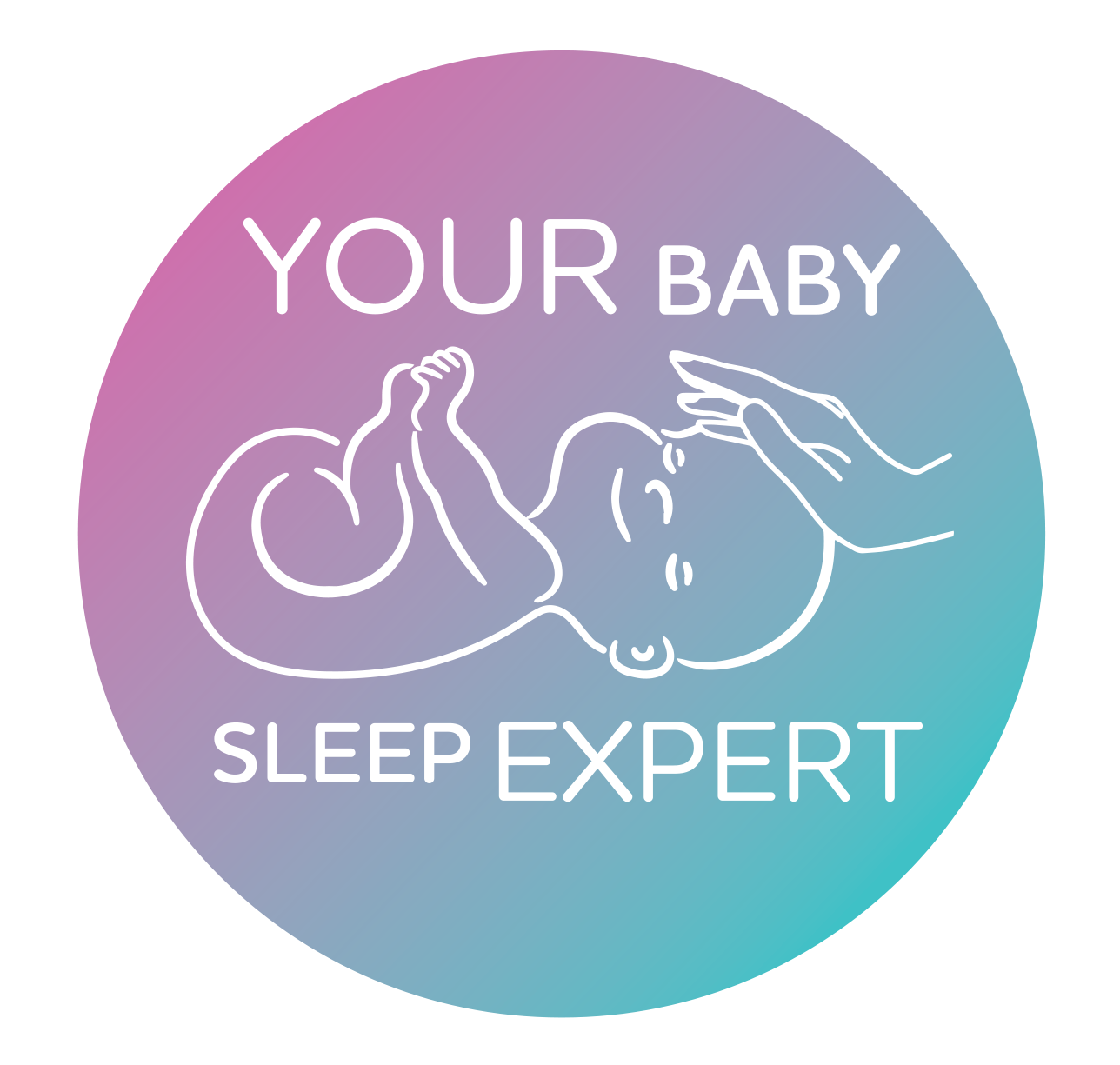
The transition to parenthood is a joyous time, but it can present numerous challenges to the wellbeing of your employees, from disturbances in their sleep patterns to strains on their mental health. These, in turn, can adversely affect a firm’s performance, employee retention, staff morale and efficiency, as well as undermine a firm’s reputation, and its achievement of Diversity, Equity and Inclusion (DEI) and Environmental Social and Governance (ESG) goals. I am passionate about helping companies address these challenges – and ensuring that there is no tradeoff between being a good parent and being a good employee.
What are the challenges for your employees who are new parents?
- Sleep deprivation. According to research in the peer-reviewed journal, Sleep, new parents experience sleep deprivation for up to six years after the birth of their first child. Sleep deprivation can have negative consequences in the workplace, adversely affecting mental health, empathy, concentration and performance. Psychologists have demonstrated that sleep-deprived soldiers are more prone to display aggression against their colleagues; and that paramedics with disturbed sleep struggle to display empathy for their patients. Your employees are no different; they are at particular risk of sleep deprivation when they become parents and return to the office.
- Mental health. When your employee becomes a new parent, they experience a radical shift in their identity, sleep patterns, and hormones, all of which can adversely affect mood and mental health. One in seven new mothers may experience post-partum depression (PPD), while the figure for fathers is one in ten (the actual figure may be much higher, as these studies rely on self-reported data, and poor mental health remains stigmatized). Expectant parents, both male and female, undergo significant hormonal changes (men may experience a drop in testosterone and estradiol, while for women the opposite may be true), all of which affect mood, and must balance new competing demands of childcare and work.
Why should companies care about the sleep deprivation and mental health of new parents?
- Various peer-reviewed studies indicate that sleep deprivation and poor mental health negatively impact employee performance, concentration and productivity. Joan Costa-Font, a professor of Health Economics at LSE, has shown in a study of British parents that the loss of just one hour of sleep significantly reduces labour participation and the number of hours worked by employees. The think tank RAND has suggested that sleep deprivation costs the UK economy £40 billion per year.
- Poor mental health is closely connected to both absenteeism and presenteeism (when an employee is present at work, but not engaged because of ill health). According to the UK Government’s Office of National Statistics, an estimated 185.6 million working days were lost because of sickness or injury in 2022 (one of the groups with the highest rates of sickness absence was women). The economic costs of mental-health presenteeism are much harder to measure, but Deloitte has estimated that they number £24-28 billion.
- According to research commissioned by the UK Cabinet Office, fewer than one in five women return to work within three years of their maternity leave. This represents a great loss of expertise, and an expense, as companies have to set aside resources to attract more talent (rehiring is extremely expensive and may cost 33% of an employee’s annual salary, according to Forbes). Staggeringly, many companies are still not addressing this issue. The Fawcett Society, a women’s right charity, has highlighted that 84% of mothers face difficulties when they return to work, and that 30% receive no support from their employer. Among those mothers who face unique challenges are single mothers and mothers from ethnic minority backgrounds.
- The policies of companies are subject to increased scrutiny in the public domain. The UK charity Working Families has established a benchmark survey for employers to assess the family friendliness and flexibility of their policies and practices. Each year it publishes a ranking of different employers, capturing the experience of 330,000 employees. Employers who embrace family-friendly policies and practices send out a message to employees that they care about their wellbeing; they are also more likely to attract and retain talent, which will complement their DEI and ESG goals.
How can I help?
- I am passionate about helping companies address these challenges. Drawing on four decades of experience of helping new parents, I can help you create a family-friendly culture within your organization through workshops and training sessions. I hope to transform not just your policies and practices, but also your reputation, ensuring that the public, shareholders, and media all understand your investment in your employees’ wellbeing.
Parent Testimonials
“We are proud parents of two children. As parents, we understand the importance of a good night’s sleep for the well-being of our family. We are writing this to express our deep appreciation for the invaluable support and guidance provided by Helen in helping us gently support both of our children to sleep well.
We are both surgeons so adequate sleep before surgery is crucial for us to perform at our best and provide safer and more effective care to our patients.
Helen has a wealth of knowledge in every aspect of baby care I don’t know how we would have managed without her. I would not hesitate to recommend Helen as a baby sleep expert we will be contacting Helen again if we have another baby.”
Mum and Dad – Profession – Surgeons
“As a dentist, my job requires me to be fully focused and alert while operating on patients. It is crucial for me to get a good night’s sleep in order to provide the best care possible. When we started with Helen at our Parent to be consultation we were amazed by her invaluable knowledge and guidance. She helped us establish a gentle sleep-shaping schedule for our baby right from the hospital, even though our baby had a low birth weight. Helen’s expertise helped our baby sleep through the night from 12 weeks onwards. This meant that I could rest peacefully and be well-rested for my work as a dentist. Thanks to Helen, we have a happy and content little boy, and I am grateful for the sleep she has helped us all achieve.”
Dad – Profession – Dentist
“Helen started working with us following the arrival home from the hospital of our twin boys. With being born 10 weeks early and spending their first 7 weeks in Edinburgh Royal Neonatal unit, the boys needed to be given the best care and attention. Helen certainly fits into this category. I find her to not only be highly experienced in her field but to be honest, reliable, conscientious and courteous.
Due to the nature of both of our jobs, we both needed to work after the boys were in bed, so it was essential to us that they were able to adjust well to sleeping.”
Mum and Dad – Profession – Partners in Law firm
“I would have absolutely no hesitation in recommending Helen. She is professional, kind and gives sensible advice and reassurance.”
Mum who suffered from PND after the birth of her firstborn
Profession – Lawyer
